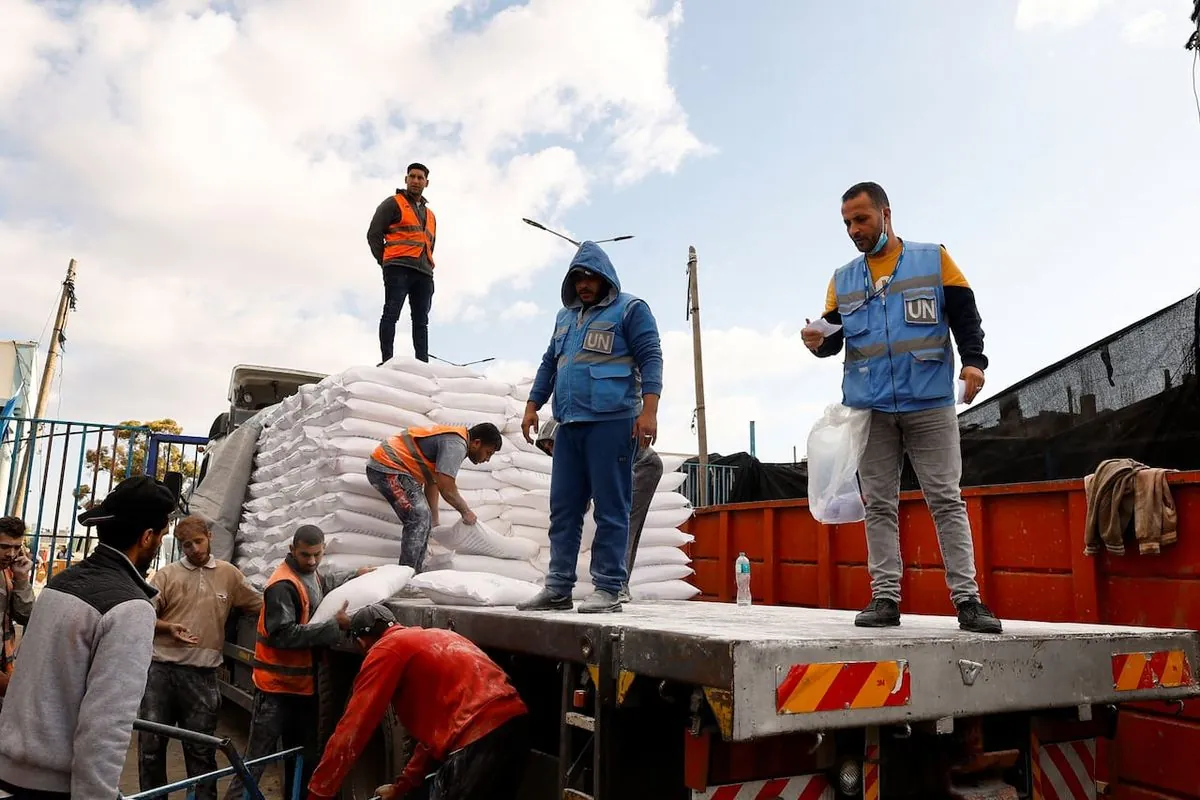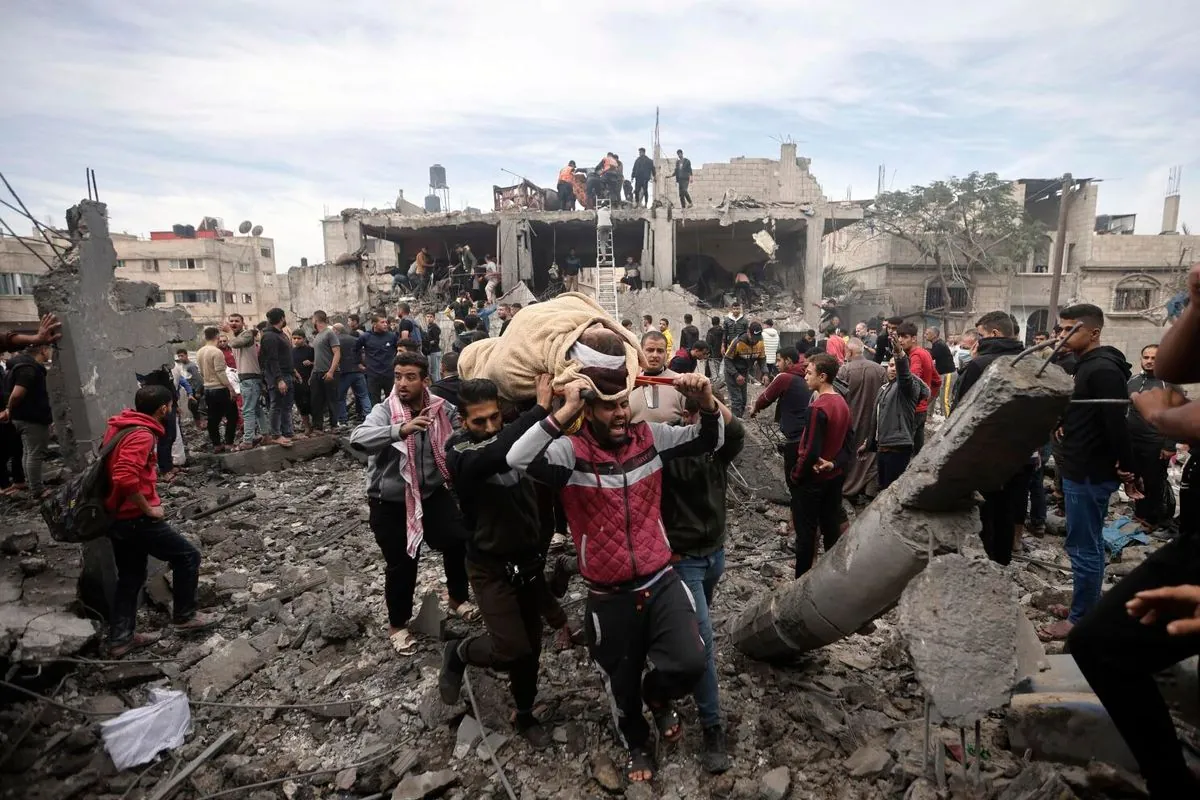UN Aid Operations in Gaza Halted Amid New Evacuation Orders
UN aid operations in Gaza cease due to Israeli evacuation orders, jeopardizing a planned polio vaccination campaign for 640,000 children. Humanitarian efforts face severe challenges amidst ongoing conflict and limited access.

In a significant setback for humanitarian efforts, United Nations aid operations in Gaza have come to a standstill. This development comes in the wake of new evacuation orders issued by Israel for Deir Al-Balah in the central Gaza Strip, where the UN's operations center was located.
The halt in operations poses a serious threat to a planned polio vaccination campaign set to begin on August 31, 2024. The campaign aims to immunize an estimated 640,000 children in Gaza, where a 10-month-old baby was recently diagnosed with type 2 poliovirus paralysis—the first such case in the territory in approximately 26 years.
Louise Wateridge, spokesperson for UNRWA in Gaza, stated, "The humanitarian response here is being completely strangled and limiting our ability of what we can do." This situation highlights the severe challenges faced by aid organizations in the region.

The United Nations has been grappling with the task of relocating its main operations center and most of its personnel. This comes after Israel ordered the evacuation of Rafah in southern Gaza several months ago. The rapid nature of these relocations has resulted in equipment being left behind, further complicating aid efforts.
Sam Rose, a senior field director for UNRWA, emphasized the shrinking space for humanitarian operations: "We are being squeezed into ever smaller areas of Gaza. The humanitarian zone declared by Israel has shrunk. It's now about 11% of the entire Gaza Strip. But this isn't 11% of land that is fit for habitation, fit for services, fit for life."
The ongoing conflict, which began on October 7, 2023, has had devastating consequences for Gaza's 2.3 million residents. The Israeli military response has resulted in widespread destruction, displacement, and loss of life. According to Palestinian health authorities, at least 40,000 people have been killed.
"In the past two months, we managed to bring in only half of the 24,000 metric tonnes of food aid required for operations serving 1.1 million people."
The World Food Programme (WFP) reports significant obstacles in delivering aid, citing worsening conflict, limited border crossings, and damaged roads. These challenges have led to a 50% reduction in food aid delivery over the past two months.
Despite these setbacks, UNRWA remains committed to the upcoming polio vaccination campaign. Sam Rose stated, "Over 1,000 of them drawn from UNRWA, which is essentially the largest primary health care provider left in the Gaza Strip. The vaccines have come in. We're calling for calm. We're calling for humanitarian pauses."
The situation in Gaza underscores the critical need for improved access and security for humanitarian operations. As the international community grapples with this crisis, the UN continues to advocate for humanitarian pauses and increased support to address the urgent needs of Gaza's population.


































